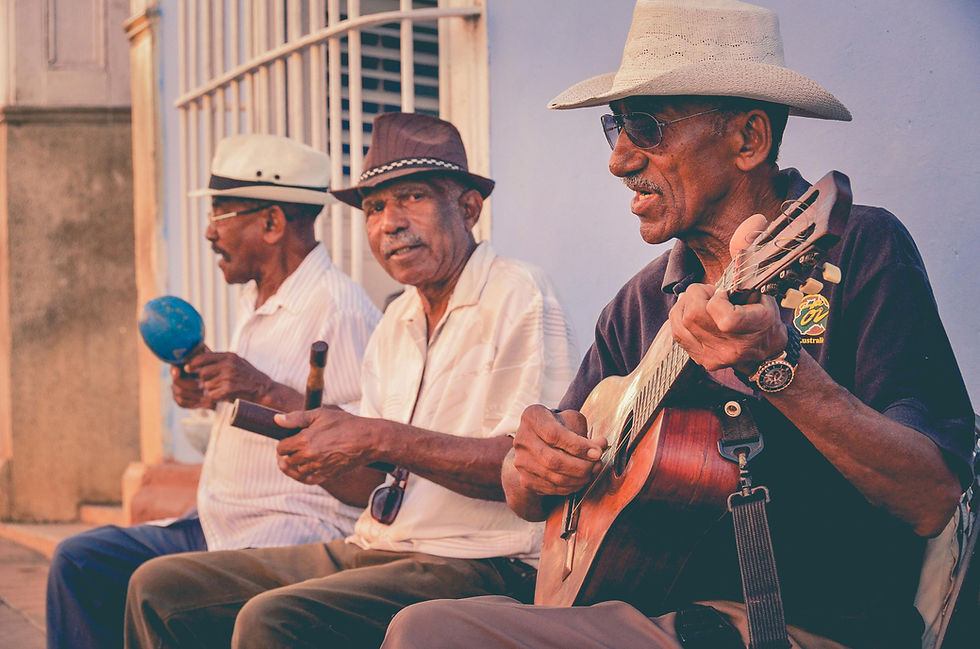The Real Virus: Asian Hate Crimes Spread Across U.S.
- Apr 19, 2021
- 4 min read
Updated: Dec 27, 2023
By Brianna Lopez
Helen Oh was walking down a Denver, Colorado sidewalk in February when she was approached by two young men. The men called her “infected and disgusting.”
A month earlier, three elderly people were shoved to the ground in Chinatown in Oakland, California. One was knocked out cold. That same month, an 84-year-old Thai American man was shoved to the ground in San Francisco, and later died from the blow.
Still, the country wasn’t prepared for March 16. It started out with eight people visiting three separate spas in the Atlanta area, expecting to enjoy a peaceful, relaxing day.
Around 5 p.m., suspect Robert Aaron Long shot five people in Young’s Asian Massage in Acworth, Cherokee County in Georgia. Two victims died at the scene from gunshot wounds, and three others were hospitalized, two of whom later died from their injuries.
Less than an hour later, another robbery was reported at Gold Spa in northeast Atlanta. By the time police arrived, three females were found dead from gunshot wounds.
Just across the street, at Aromatherapy Spa, another woman was shot dead.

In total, eight victims died that day, six of whom were Asian women.
The increase in hate crimes such as these throughout the United States has led the Asian, Asian-American, and Pacific Islander (AAPI) community and its allies to rally in protest. A number of these rallies were led by the reporting forum Stop AAPI Hate which, according to NBC News, revealed that there were 3,800 incidents of Asian hate crime reported over the past year.
Dr. Laura Finley, a sociology professor at Barry, attributes part of the rise in hate crimes to the former president.
“We have seen an increase in membership in hate groups and in hate-based crimes since Donald Trump took office,” said Finley. “That, coupled with the stressors of COVID-19 and the economic struggles, have prompted some to act out violently against those they have scapegoated as responsible.”

This idea of “scapegoating” is something co-chair of the sociology and criminology department at Barry, Dr. Luigi Esposito, believes to be true.
“…Throughout much of U.S. history, during times of heightened collective fear about something (whether real or imagined), various racial and ethnic groups have been targeted as convenient scapegoats and subjected to various forms of violence and discrimination,” said Esposito.
Esposito cites another time such hate against those of Asian descent was displayed —the 1870s. After an “invasion” of Chinese migrants into the United States, white workers believed these migrants would take their jobs. Thus, newspapers published stories about Chinese laborers kidnapping white women and children and turning them into opium addicts.
“This and other factors led to a wave of violence against the Chinese, which reflected a broader anti-Chinese sentiment that eventually led to the Chinese Exclusion Act, a law first passed in 1882 that was among the first to institute broad restrictions on immigration,” said Esposito.
Because of the extensive history of hate crimes against Asians in the United States, Esposito doesn’t find the current situation in the U.S. surprising.
However, Angela Rodriguez, a junior criminology major, is shocked that such crimes are happening.
“We are in 2021. We should not be having these kind of hate crimes still happening,” said Rodriguez. “I do not understand how people can commit these horrendous crimes. I was raised to treat everyone kindly and with respect and I do not understand why everyone does not think or act this way.”
Rodriguez notes that when the pandemic began, she never thought to blame Asians. Finley, however, attributes part of these attacks to Trump’s former habit of referring to the Coronavirus as the “China virus.” Esposito agrees, noting that “…words matter.”
However, Finley also believes gender is a key component as well, since female members of the AAPI community are more likely to be targeted.
In fact, according to NBC News, 68 percent of hate crimes against AAPI people were reported by women, whereas 29 percent were reported by men.
Esposito attributes the hate crimes to what he refers to as “model minority” stereotypes. This is the belief that Asians have higher educational attainment and are economically successful, which makes other minorities resent them. This resentment “might have been amplified by the pandemic,” according to Esposito.
As these crimes continue to occur, many people are wondering how they can help support the Asian community. Esposito says that the first step is to promote education and awareness about the issue.
Often, according to Esposito, people assume that because Asians are a “successful group,” they do not experience racism.

However, within the Asian community in the U.S., there are “significant differences in terms of median income, educational attainment, wealth, and life chance,” he said.
So, Finley believes that we need to begin educating our society about why these stereotypes about AAPI people are inaccurate.
“Part of that is to address the reality of how COVID-19 spread,” she said.
Finley encourages students to look toward organizations within and beyond Barry for guidance. She works with an organization called The Humanity Project, a nonprofit which works to promote equality and respect. Students can also consider joining the Anti-racism and Equity Coalition at Barry, which works to address these same issues and “create a more just and inclusive Barry.”
“All of us should feel empowered to speak up about this problem and to correct anyone we hear making hateful comments,” said Finley.







Comments